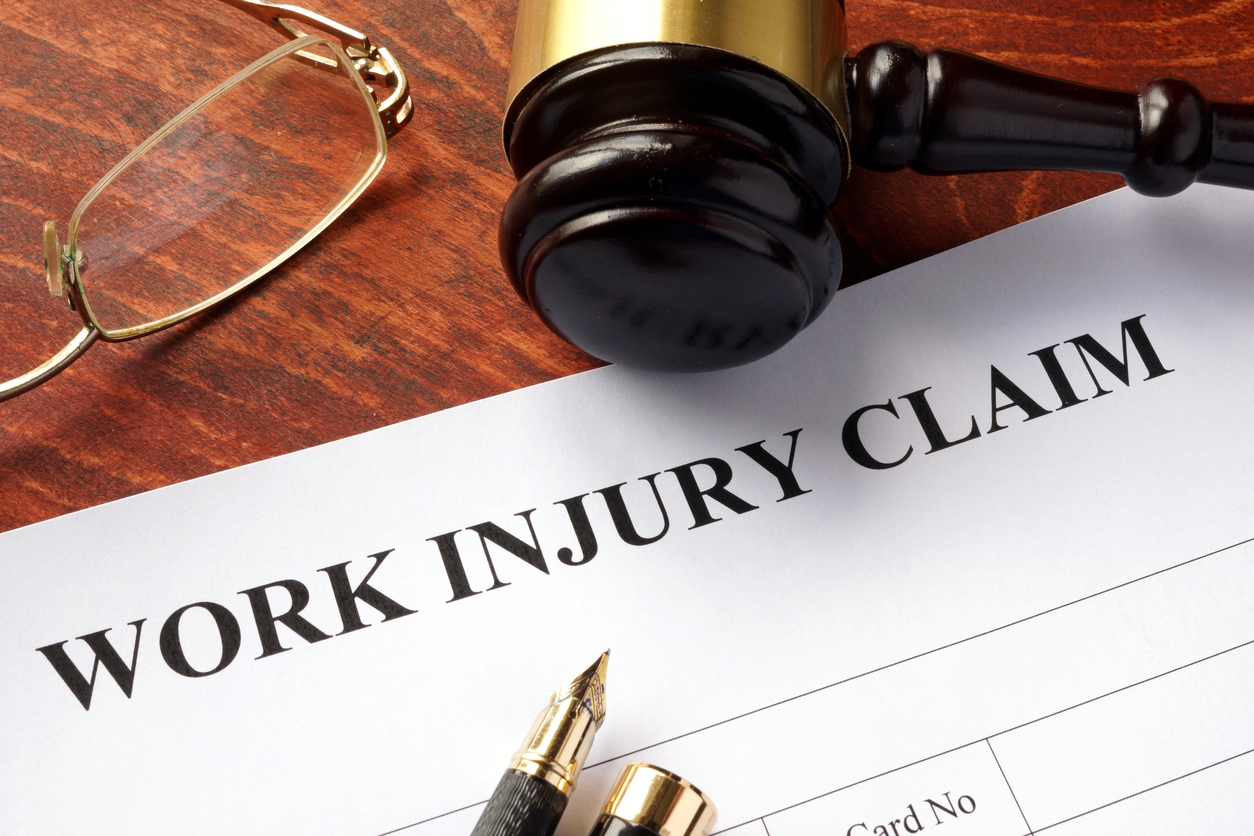
Workers’ compensation policies offer businesses important coverage against the costs of employee injuries. It’s not just beneficial to your company, though. Workers’ comp is also a vital form of protection for employees who may not be able to shoulder the burden of medical expenses after an on-the-job injury. Given its benefit to both employers and employees, it would seem that claims should be filed as soon as possible after an injury incident. Sometimes, though, the cost associated with a claim dissuades employers from filing in a timely manner. This prompts the questions — when should you file workman’s comp, and how does a workers comp claim affect the employer?
File All Claims Immediately
If you’re wondering when you should file a workers’ comp claim, the answer is simple: as soon as possible. If an employee has suffered an injury that requires medical attention beyond that offered by a first aid kit, this is an incident that needs to reported to your insurer. Most states have a specific deadline for reporting injuries that happen on the job, and in some cases, the deadline may be as long as three years after an incident. It’s unwise to wait this long, though, and an individual policy may have a deadline that’s shorter than the state-designated deadline.
Keep Track of Liability Incidents
In addition to reporting all injuries as soon as possible, employers should get into the habit of documenting and tracking all liability incidents that may have resulted in an injury. This may include violations of safety protocol that almost — but ultimately don’t — cause an injury. These “near-misses” should be filed and reviewed so that the circumstances can be assessed and a repeat of the incident can be avoided.
Provide Staff With Information
In most states, it’s required that employers post a notice that’s easily visible to workers and details information relating to the company’s workers’ comp carrier. The notice should also include information about seeking medical care from a provider that’s covered by the employer’s workers’ comp policy. You should determine that workplace poster requirements that are relevant to your state and industry to ensure that you are in compliance with all local and federal standards.
Avoid a Legal Violation
Failing to report a workers’ comp claim in a timely manner isn’t just an unwise decision. In some cases, it may also constitute a legal infraction. Employers that do not report an employee’s injury risk facing misdemeanor charges in some states. In addition to the potential for legal repercussions, business that don’t file workers’ comp claims may also see their policy terminated by an insurer for failure to comply with its terms. Avoid legal action and keep your policy intact by reporting claims promptly.
About Haughn & Associates
Founded by Michael Haughn in 1986, Haughn & Associates is a full-service, family-owned, independent insurance agency based out of Dublin, Ohio. H&A strives to provide the best possible price and unique insurance solutions across a myriad of industries, including construction, IT, Habitation & Commercial Property, Agriculture, and Engineering. Devoted to providing the best of business insurance, life and disability insurance, personal insurance, employee benefits, and bonds, H&A is proof that success lies in long-standing client relations and satisfaction. To learn more about how H&A can be of service to you, contact us at (877) 802-2278.

